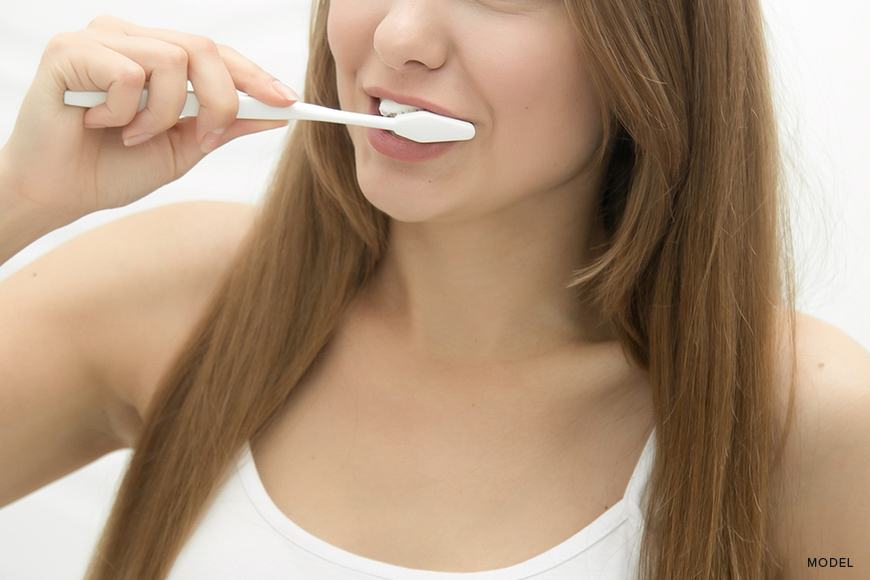A wisdom tooth removal can leave your mouth prone to bacteria and infections. Proper oral hygiene and specifically how to brush teeth after wisdom tooth removal is extremely important as part of your post-operative care. In this article, we’ll guide you through the right way to care for your oral hygiene during the recovery process.
Why is it Important?
Wisdom tooth extraction is a surgical procedure that involves the removal of impacted or problematic molars. The aftercare is essential to prevent infection, minimize discomfort, and promote swift healing.
Preparing for Post-Operative Oral Care
Before you start brushing your teeth, ensure you have the following items ready:
-
- A soft-bristle toothbrush
- A mild, alcohol-free mouthwash or saline solution
- A glass of lukewarm water
- A clean towel
- Gauze pads (if required)
Step-by-Step Guide on How to Brush Teeth After Wisdom Tooth Removal
Follow these steps to maintain your oral hygiene without harming the healing process:
Step 1: Gently Rinse Your Mouth
Begin by rinsing your mouth with lukewarm water. Be gentle to avoid dislodging any blood clots that have formed in the extraction sites.
Step 2: Choose the Right Toothbrush
Select a soft-bristle toothbrush to prevent irritation or damage to the surgical sites. A toothbrush with a small head is ideal for reaching all areas comfortably.
Step 3: Use Gentle Pressure
Brush your teeth gently, applying minimal pressure. Focus on the areas away from the extraction sites to avoid direct contact.
Step 4: Avoid the Surgical Sites
While brushing, avoid the areas where your wisdom teeth were extracted. Brushing near the surgical sites can disrupt the healing process and lead to complications.
Step 5: Rinse with Mouthwash
After brushing, rinse your mouth with a mild, alcohol-free mouthwash or a saline solution. This will help kill bacteria and maintain overall oral hygiene.
Step 6: Be Mindful of Bleeding
It’s normal to experience minor bleeding during the first few days after wisdom tooth removal. If bleeding persists or worsens, contact your dentist immediately.
Additional Tips for Post-Operative Oral Care
- Stay Hydrated: Drink plenty of water to stay hydrated and promote healing.
- Avoid Straws: Refrain from using straws, as the sucking motion can dislodge blood clots.
- Soft Diet: Opt for a soft diet to minimize chewing and prevent irritation.
- Follow Medication Instructions: Take prescribed medications as directed by your dentist.
- Rest: Give your body ample rest to aid in the healing process.
Proper oral care after wisdom tooth removal is vital for a swift and complication-free recovery. By following the steps outlined in this guide and adhering to the advice from Madison Dentistry & Implant Center, you can maintain excellent oral hygiene while ensuring your mouth heals effectively. For any concerns or questions about your wisdom tooth removal recovery, don’t hesitate contact us today at Madison Dentistry & Implant Center. Our team is here to support you every step of the way.




